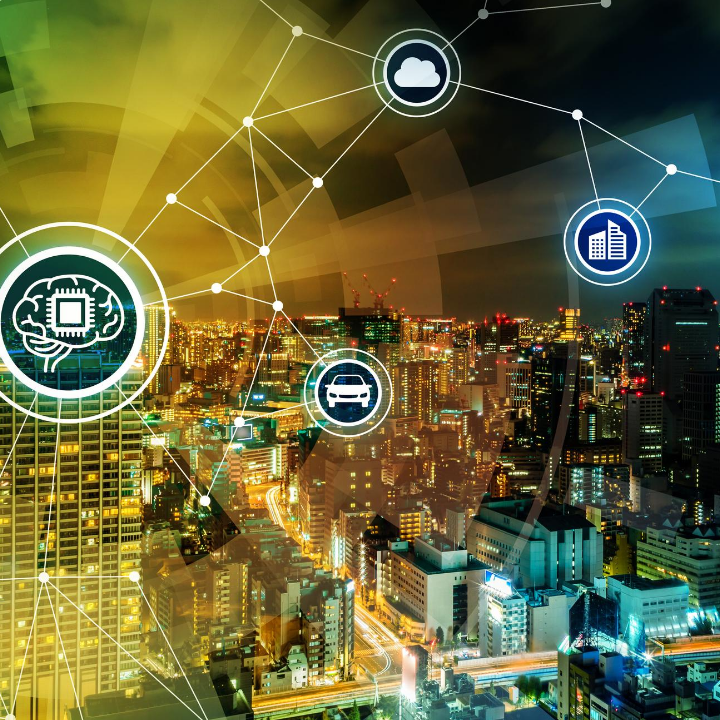Report: Digital trade rules and big tech

Photo: Canva
'Digital trade rules and big tech', February 2020
"Big Tech companies like Google, Amazon, Facebook and Apple – GAFA for short - are using free trade agreements to protect themselves from regulation. The idea of a ‘free and open’ Internet sounds liberating. But a world in which powerful and unregulated private corporations control the digital domain on which everyone, from governments to families, has come to depend is the ultimate in privatisation.
Digital technologies are becoming addictive. The Internet and its apps, social media, web searches, ride-shares and on-line market-places can now organise almost every aspect of our daily lives, all seemingly for free. But every time we use them, we generate more data that allows the shadowy corporations who control them to analyse our activities, opinions and friendships. Whether it’s the US tech giants or their Chinese counterparts of Baidu, WeChat, Alibaba and Tencent, this new generation of transnational corporations is reaching ever-deeper into our lives.
Their power extends to the core of central and local government and public services. They monitor our workplaces, streets and even devices in our homes, and run our transport, telecommunications and energy infrastructure, sometimes from outside the country. They create the algorithms that decide who gets a job or gets fired, is given a loan or enters university, and the artificial intelligence that does the work of doctors, technicians and prison officers. Private contractors run the IT operations and data bases of government agencies, storing our data on their own servers or in the ‘cloud’, which usually means they are controlled in the United States. This list expands every week, as governments become more dependent on digital technologies and on the firms that control the information and systems that run them.
Every week, there is more evidence of how this power is being abused through tax evasion, breaches of human rights by profiling of immigrants and dissidents, and exploiting so-called ‘self-employed’ workers. Big Tech show no sense of responsibility or culpability for frauds on consumers, mass breaches of data privacy, or even the online hosting of extremism and the manipulation of democratic elections..."